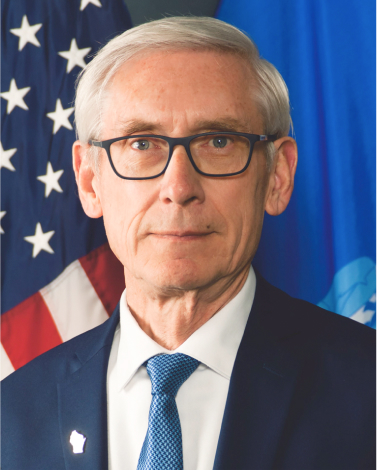
Wisconsin will continue to be bold on clean energy, fight the climate crisis, and create good-paying jobs in innovative industries of the future. Because, in Wisconsin, we know we can’t afford to choose between mitigating climate change and protecting our environment or creating jobs and economic development — we must do both.
Wisconsin is advancing high-impact climate policies, actions, and regulations across the Alliance’s 10 key policy areas. These solutions — centered around equity, environmental justice, and a just economic transition — are being deployed at scale to safeguard public health, grow the U.S. economy, and secure a net-zero future.
This list includes both statutory and executive policies and actions that Wisconsin has adopted or is in the process of adopting (as of October 2022).
Download Wisconsin’s Fact Sheet.
For the most up-to-date, in-depth breakdown of climate
actions across each policy priority,
explore the U.S. Climate Alliance Policy Database.